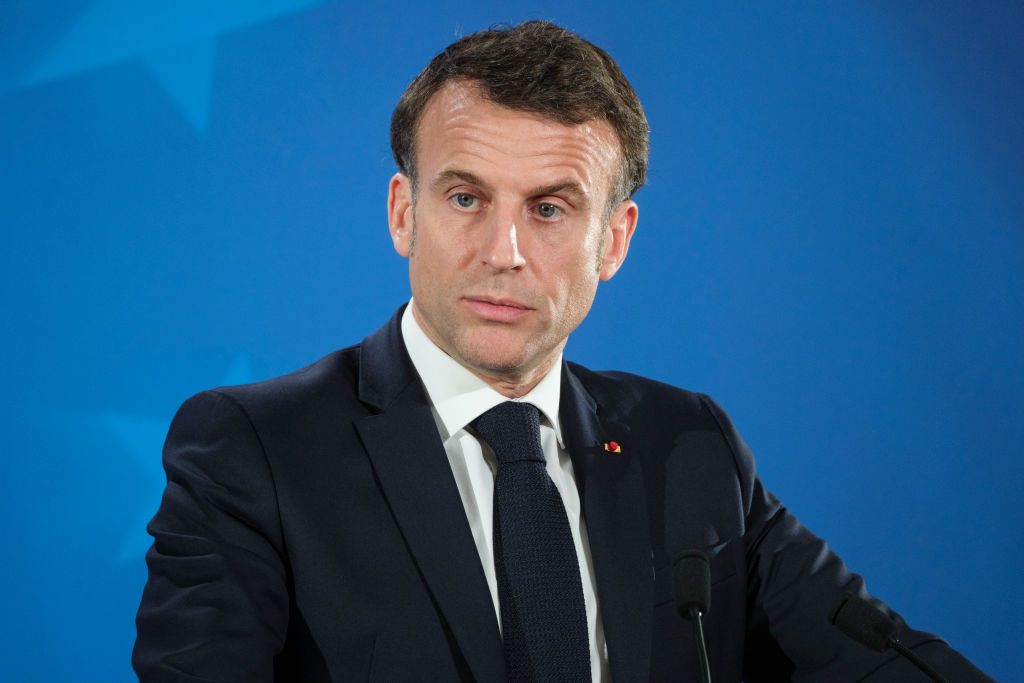French President Emmanuel Macron recently emphasized the need for European Union states to strengthen their defenses and reassess their global role. Macron expressed concern that Europe lacks ambition and operates too slowly in a rapidly evolving world filled with challenges such as war, trade competition, and energy scarcity. He called for Europe to become a superpower capable of defending its borders without relying heavily on the United States. Macron emphasized the importance of Europe defending its interests independently and not being a vassal of the U.S., especially in the face of Russia’s ongoing invasion of Ukraine.
Macron highlighted the urgency for EU states to enhance their cybersecurity capabilities, strengthen defense ties with the U.K., establish a European academy for training military personnel, and increase European defense production. He stressed the need for Europe to produce more quickly and efficiently as a unified entity. Macron’s calls for European defense cooperation and investment in military aid to Ukraine come in the wake of Russia’s invasion of Ukraine, which he has described as existential for France and Europe. He even hinted at the possibility of sending Western troops to Ukraine, underscoring the seriousness of the situation.
The divisions within Europe over the response to Russia and Ukraine were evident during a meeting between German Chancellor Olaf Scholz, French President Emmanuel Macron, and Polish Prime Minister Donald Tusk in Berlin. While they attempted to present a united front, the strained dynamics suggested underlying differences in approach. Macron’s vocal advocacy for a more assertive European defense posture contrasts with the hesitant attitudes of some other EU states. This divergence in opinion and action poses a challenge to European unity and resilience in the face of external threats, particularly Russia’s aggression in Ukraine.
Macron’s speech at the Sorbonne University in Paris resonated with calls for European solidarity and autonomy in the realm of defense and security. He emphasized the need for Europe to be self-reliant and proactive in shaping its defense strategy, rather than depending on external powers like the United States. Macron’s vision for a more robust and independent Europe reflects growing concerns about the continent’s security landscape and the need to adapt to emerging threats. By championing greater defense cooperation and production within Europe, Macron is seeking to bolster the EU’s capabilities in the face of complex challenges.
As Russia’s invasion of Ukraine enters its third year, the security implications for Europe have become more pronounced. Macron’s warnings about the risks to Europe’s security and the imperative for unity in defense underscore the gravity of the situation. The ongoing conflict in Ukraine serves as a stark reminder of the potential threats facing Europe and the need for a cohesive and proactive approach to security. Macron’s advocacy for increased European defense capacity and solidarity in the face of external pressures reflects a broader push for strategic autonomy within the EU and a recognition of the evolving security landscape. In a world marked by uncertainty and volatility, Macron’s call for a stronger and more resilient Europe resonates with the urgent need for collective action and unity.


